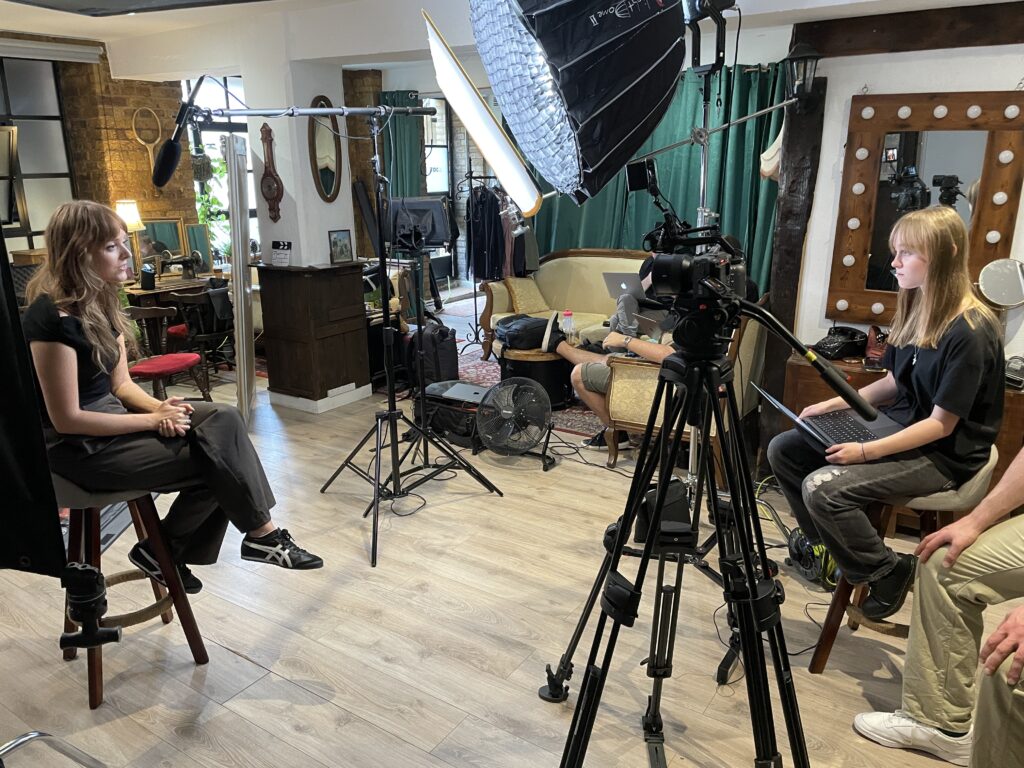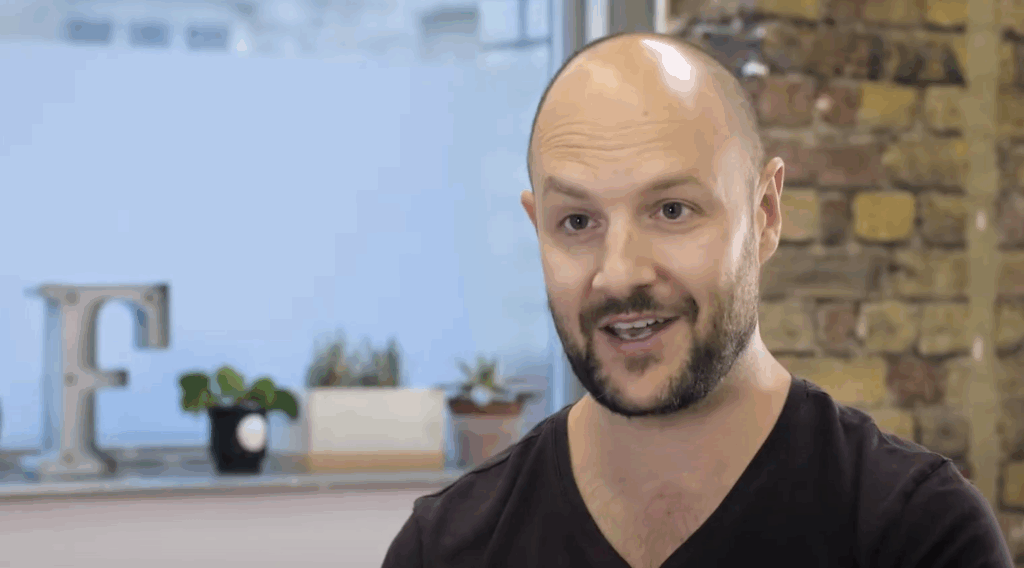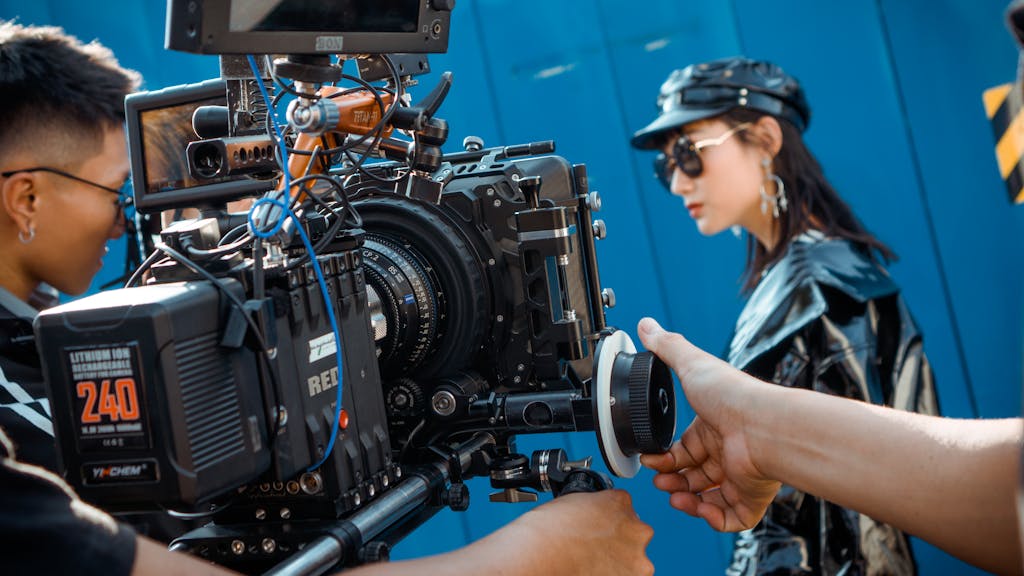Please, I’m Begging You: How to Write a CV That Won’t Get You Ignored in TV, Film or Video Production
If you’re a junior looking to break into the TV, film or video production world, the first hurdle is your CV. And I hate to say it, but a lot of you are falling at that first fence.
We’ve recently been reviewing a huge stack of applications — and it’s clear that while the talent and enthusiasm are there, many people are letting themselves down with simple, fixable CV mistakes.
So, if you’re about to apply for a job in production, here’s a friendly guide to help you get it right — based on the things that are quietly making me lose what little hair I have left.
1. Keep it to 2 pages max
You’re just starting out — and that’s totally fine — but no one wants to read your life story. Be selective about what you include. Focus on relevant experience, clear structure, and make every line earn its place.
Pro tip: If you’re struggling to cut it down, ask: Does this help me get the job I want? If not, ditch it.
2. Spelling matters
It seems obvious, but you’d be amazed how many CVs have typos. It gives the impression you don’t care — and in production, attention to detail is everything.
Spell check. Read it out loud. Then ask someone else to read it too. One rogue apostrophe shouldn’t cost you an interview, but it might.
3. Make it easy to read
We’re not expecting design magic, but we do expect clarity. That means:
- A clean, simple layout
- Clear headings
- Bullet points where helpful
- Consistent fonts and spacing
Avoid over-designed CV templates. They’re distracting and hard to scan.
4. Include your A-levels and degree result
If you’ve done them, list them. Leaving them off just makes us wonder why. Even if you’re not proud of the results, transparency is better than silence.
5. Label your file properly
Please don’t send a file called CV.pdf or Resume.docx. It’ll get lost in a sea of other applicants.
Instead, try something like: Firstname-Lastname-RoleAppliedFor.pdf. It shows attention to detail and makes our lives easier.
6. Double-check your links
If you’re linking to a showreel, portfolio, LinkedIn, or anything else — make sure it actually works. Broken links = immediate frustration. Especially if your work is the thing we really want to see.
7. Add something personal
Even one or two lines about you as a person can make a huge difference. What do you enjoy outside of work? What motivates you? Any hobbies, interests, or side projects?
We want to hire people, not just CVs.
8. Let your personality come through
You don’t need to sound like a lawyer. Be professional, yes — but don’t flatten your voice completely. If you’re fun, thoughtful, curious, creative — let that come across in how you write.
9. Be clear about paid vs unpaid work
Lots of juniors gain experience through unpaid work at uni or short placements — which is brilliant. Just let us know what was paid and what wasn’t. It helps us understand the context.
Don’t undersell yourself either. Unpaid work is still valuable experience. Be proud of it.
10. Tell the story
A list of job titles isn’t enough. Tell us:
- What did you actually do in the role?
- What were you responsible for?
- What did you achieve?
- What did you learn?
Even for small roles, if you frame the experience well, it shows you’re already thinking like a pro.
The bottom line
You’ve got about 30 seconds to make someone care enough to keep reading. Your CV doesn’t need to be flashy or perfect — just clear, thoughtful, and you.
We’re always on the lookout for talented, enthusiastic people starting out in production. But we need to see the person behind the paper. So help us out — and give yourself the best shot.








